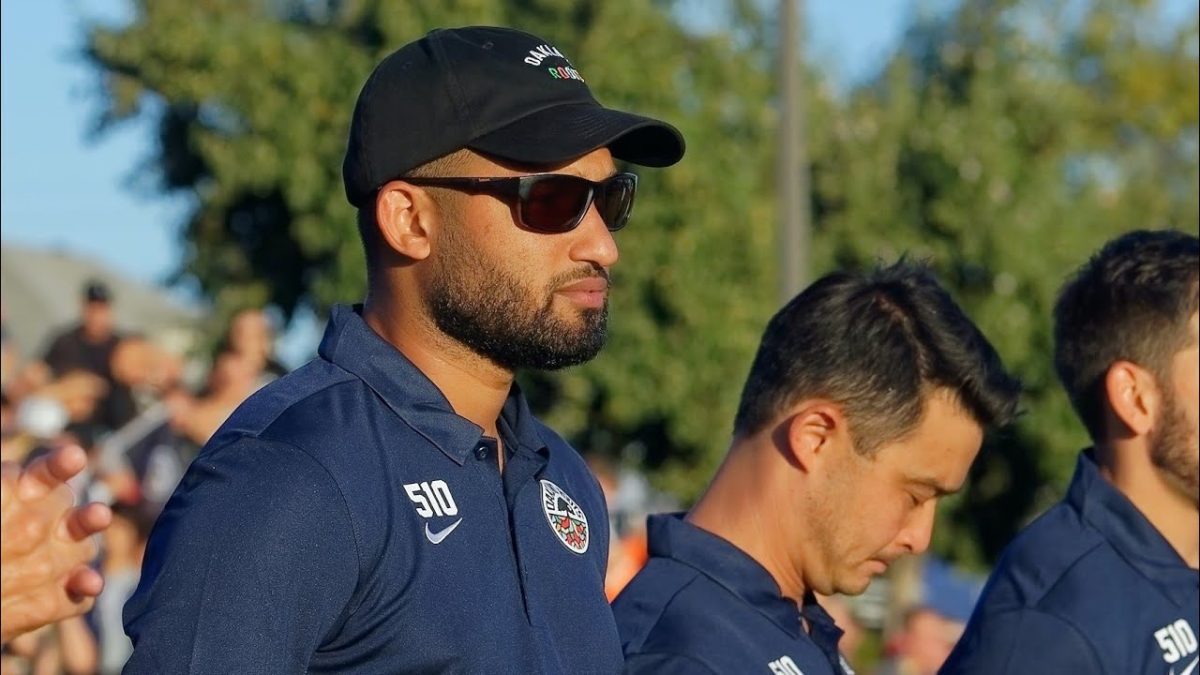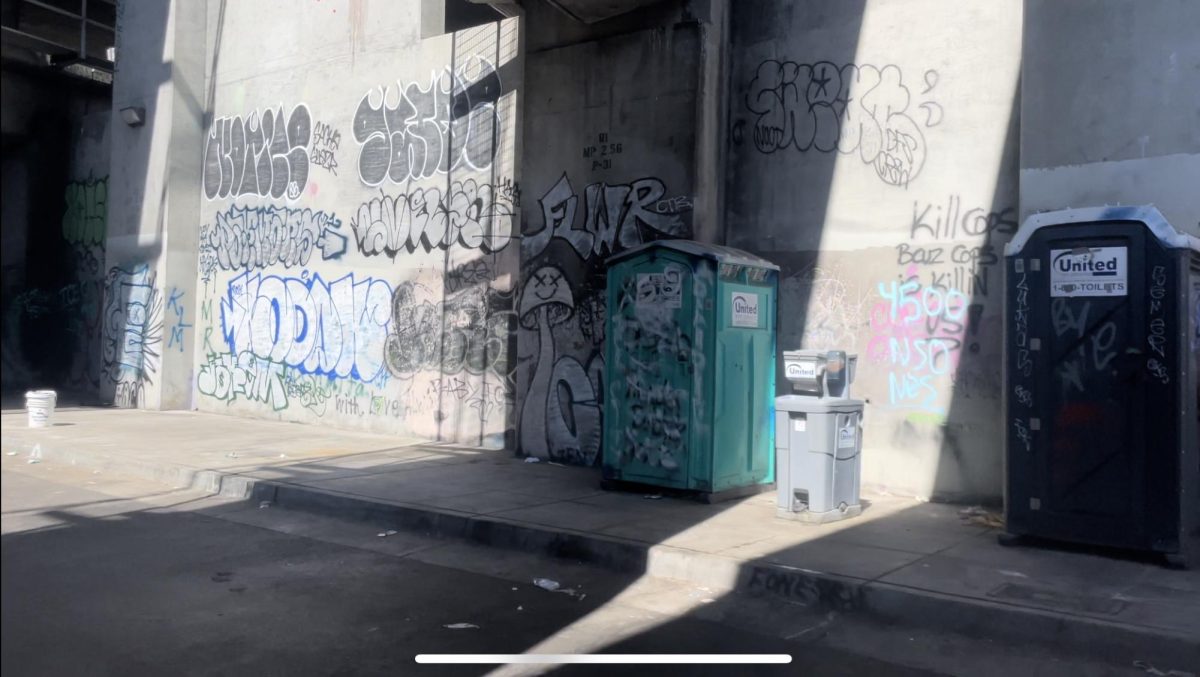Associate Professor of Human Development and Women’s Studies, E. Maxwell Davis, says the university should do more outreach to students about the risks and prevention of HIV and AIDS.
“The university should be more proactive about HIV prevention in general,” said Davis in an interview.
Davis, who spoke to students at an event called Beyond the Chalk recently, continued to encourage students to be more proactive about protecting themselves from HIV.
“Everybody can lower their risk of infection by insisting that your potential partner be tested, getting tested yourself, always using condoms when having sex and by having sex with one person at a time and being confident that your partner is only sleeping with you,” said Davis.
Davis has particularly worked with high-risk African-American populations. According to U.S. Centers for Disease Control and Prevention, as of 2009, African-Americans make up 14 percent of the U.S. population, and are accountable for nearly half of the people living with HIV.
The CDC also reported that approximately one in 16 black men and one in 32 black women will be diagnosed with HIV during their lifetime.
Recent CDC data stated, “African-Americans face a higher risk of being exposed to HIV infection with each sexual encounter than do other racial/ethnic groups. This is because the burden of HIV is greater in African-American communities than in any other racial/ethnic group, and because African-Americans are more likely to have sexual relations with other African-Americans. [They] face a higher risk of infection.”
Davis stressed that being educated on the personal health risks of HIV is very important. Having attended school in the 1980s when there was not much information on HIV, Davis said it was looked down upon and considered shameful to test positive.
Davis began her educational exploration of HIV as a social worker and learned that although students have grown up with plenty of HIV information available to them, people still unknowingly engage in behaviors that put them at high risk for HIV.
Davis worked with substance abusers and later as a clinical coordinator at a hospital, where she discovered that aside from gay men, African-Americans were also at a higher risk of being HIV infected and that many were at a socio-economic disadvantage for receiving treatment because of high cost.
Davis’s work inspired her to get her PhD in social work in order to do research to help shape policies regarding the problems African-American women faced while trying to receive HIV treatment. In a current study she is doing on the CSUEB campus, assessing the amount of knowledge students have on HIV, as well as student perception of HIV and whether students believe they are engaging in behaviors that put them at risk for HIV.
HIV is a virus that can be transferred from person to person through unprotected sex, exchange of needles or any type of blood transfusion. It can also be transmitted from mother to child during pregnancy. However, if during pregnancy the mother is found to be HIV positive, numerous steps can be taken to ensure the child is not infected in the womb.
HIV can develop into AIDS (Acquired Immune Deficiency Syndrome), the pandemic, which has killed over 448,060 people in the U.S. since it was first discovered in 1981.
The Food and Drug Administration has recently approved OraQuick, a take home HIV test available over the counter as of October of last year. The test is detected through a mouth swab used to collect saliva. A result is guaranteed in 20 to 40 minutes. CSUEB’s Health Center also provides anonymous HIV testing.
But testing alone is not enough.
“It is usually better to do HIV testing in conjunction with some kind of test counseling,” said Davis.
For example, if you go to the health center on campus or anywhere else to get an HIV test, there is going to be somebody there who is trained to do HIV testing and counseling with you and explain everything you need to know as well as tell you what your options are.
“People not getting tested is a really big problem for a whole bunch of reasons, “said Davis [CQ]. She would prefer that “students voluntarily come in and do HIV testing as needed.”

















